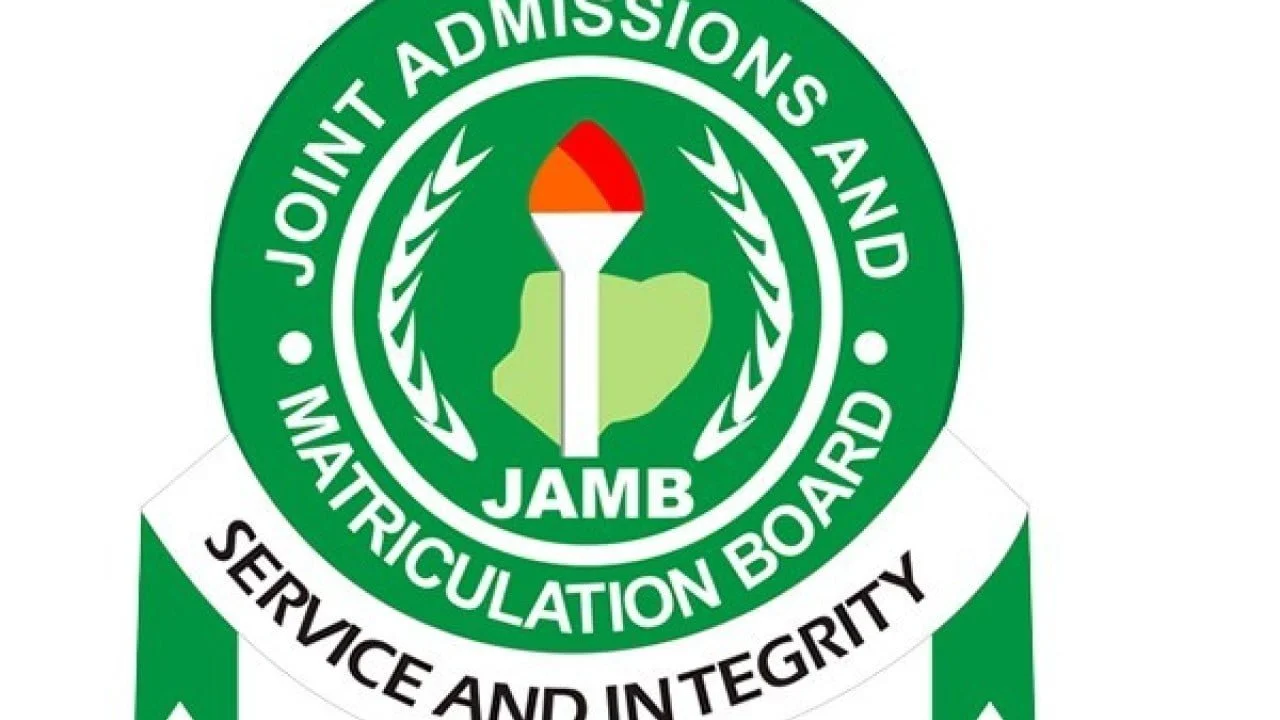Determined to curb examination practice and other plethora of infractions against the conduct of its examination, the Joint Admissions and Matriculation Board (JAMB) is planning to establish mobile examination malpractice tribunal.
The proposed mobile examination malpractice tribunal is to deal decisively with criminal aspects of infractions. This decision is aimed at fostering a headlong approach for tackling the menace of examination malpractice and is part of the resolutions reached at the recently conducted policy meeting held in Abuja.
Though the Board had leveraged on technology to substantially stem the incidence of examination malpractices and other unwholesome practices, the measure would take the campaign a notch higher to holistically address the problem.
When the mobile examination malpractice tribunal comes on board, such problems as impersonation, mass cheating by syndicates, prolonged investigation and prosecution, impersonation and substitution of real candidates by paid examination takers, fraudulent activities of CBT owners, among others, would be a thing of the past.
The Board also announced that as part of its continuous innovations to improve on the conduct of the Unified Tertiary Matriculation Examination (UTME), arrangements are in the pipeline to incorporate bring your own device (BYOD). Under the BYOD arrangements, candidates are allowed to use their own personal devices to connect to the JAMB network and access the examination.
This approach has the capacity not only to lower capital investment but also enhance digital literacy. The Board had also used the occasion to educate critical stakeholders at the meeting to educate them on ways to detect fake results slips and admission letters through download of the JAMB QR scanner.
The JAMB scanner would scan these documents with a view t o authenticating and verifying the security features on the documents such as the name, registration number, institution/programme and the genuineness of the documents paraded with a view to preventing unsuspecting members of the public from being defrauded.

